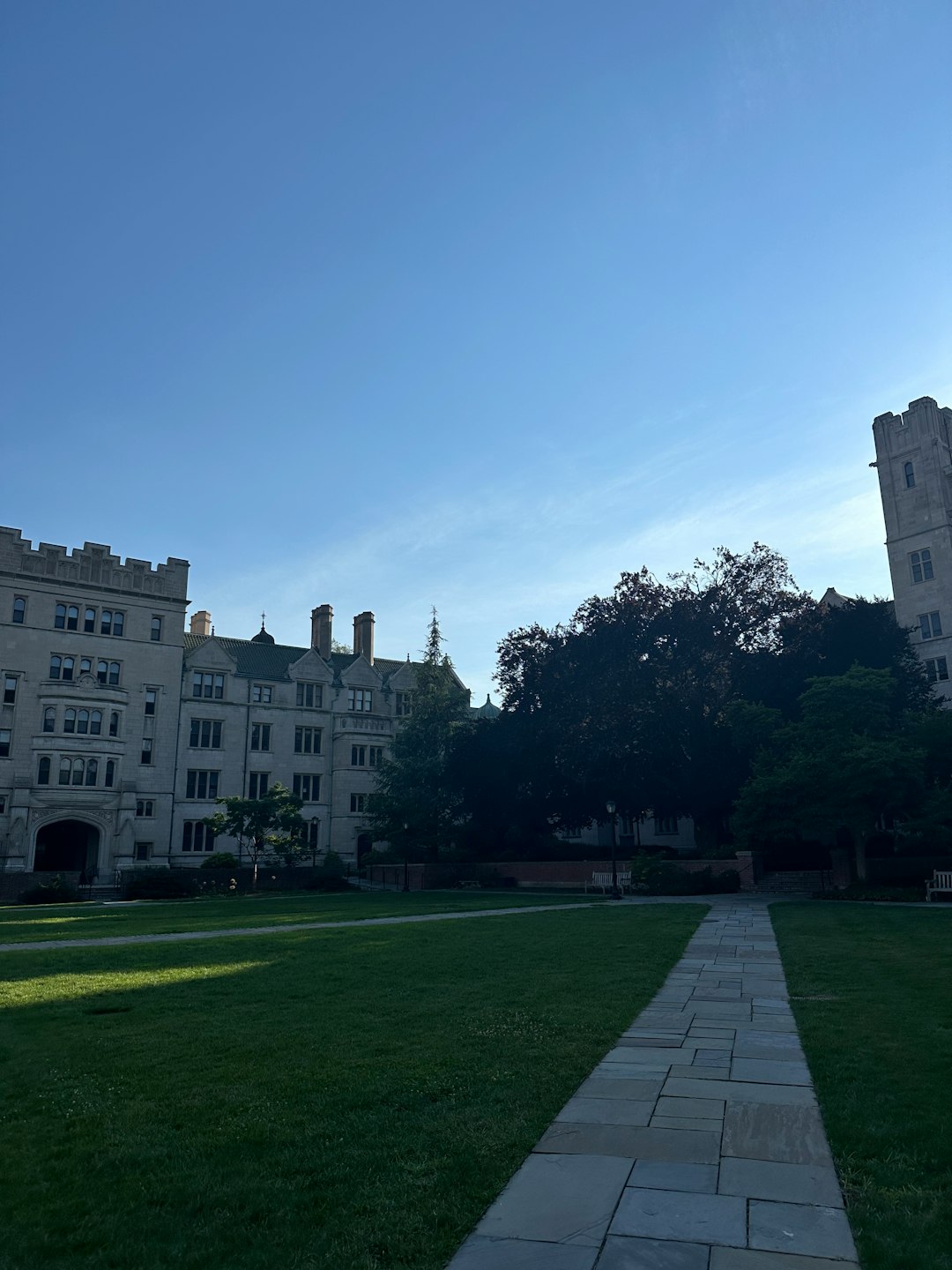In Connecticut, where Title IX regulations are strictly enforced, a Title IX attorney plays a crucial role in securing justice for sexual misconduct victims. These attorneys guide individuals through complex processes, interpret regulations, and ensure fair treatment from investigations to hearings. They prepare evidence, cross-examine witnesses, and explain rights and consequences, fostering a just process in emotionally charged cases. Both parties have defined rights in a Title IX hearing, making legal representation essential for a fair outcome. Skilled attorneys employ strategies to counter emotional environments, vague accusations, and societal bias, including challenging accuser credibility and examining witness inconsistencies. Post-hearing outcomes include disciplinary actions, civil lawsuits, or appeals, with the help of a Title IX attorney Connecticut.
In Connecticut, Title IX hearings address sexual misconduct allegations, demanding a robust legal strategy. This article navigates the intricate process, guiding readers through Connecticut’s specific laws and regulations. We explore the pivotal role of a skilled Title IX attorney in defending rights while ensuring fair hearings. From understanding rights and responsibilities to tackling common challenges, this resource equips you with knowledge. By delving into post-hearing outcomes and appeals, it offers a comprehensive overview for both accused and accuser, emphasizing the importance of legal counsel in Connecticut’s Title IX proceedings.
Understanding Connecticut's Title IX Laws and Regulations

In Connecticut, Title IX attorneys play a vital role in ensuring fairness and justice for individuals involved in sexual misconduct hearings under Title IX regulations. Understanding the state’s laws is crucial for anyone seeking legal counsel in such cases. Connecticut has implemented comprehensive guidelines to address sexual harassment and assault in educational institutions, including K-12 schools and colleges. These regulations mirror federal requirements set forth by Title IX of the Education Amendments Act of 1972, which prohibits discrimination based on sex in all aspects of education.
The Connecticut Department of Education and various institutions have established procedures for handling complaints, offering support services, and conducting investigations. A title IX attorney in Connecticut can help navigate this process, ensuring that students’ rights are protected and that the investigation is conducted fairly. They can guide individuals through the formal complaints process, represent them during hearings, and advocate for their legal rights, ultimately aiming to uphold the principles of equality and non-discrimination as outlined by Title IX laws.
The Role of a Title IX Attorney in Sexual Misconduct Hearings

In sexual misconduct hearings under Title IX in Connecticut, a Title IX attorney plays a pivotal role in advocating for the rights and interests of all parties involved. These attorneys specialize in navigating the complex legal landscape surrounding campus sexual assault cases, ensuring that both victims and accused receive fair treatment in accordance with federal regulations. They guide their clients through every step of the process, from initial investigations to formal hearings, providing strategic counsel and legal representation.
A Title IX attorney in Connecticut helps interpret and apply the law, offering insights into what constitutes sexual misconduct, the procedures for handling complaints, and the available remedies. They prepare and present evidence, cross-examine witnesses, and offer legal arguments to support their clients’ positions. Moreover, these attorneys ensure that their clients understand their rights, obligations, and potential consequences, fostering a level of clarity in an often emotionally charged environment.
Rights and Responsibilities of Accused and Accuser During the Hearing

During a Title IX sexual misconduct hearing in Connecticut, both the accused and the accuser have specific rights and responsibilities. A Title IX attorney Connecticut can guide an individual through this process, ensuring their rights are protected. The accused has the right to be present at the hearing, know the charges against them, and present evidence and witnesses in their defense. They can also choose to remain silent or testify on their own behalf.
On the other hand, the accuser has the right to be heard and to present their account of the events. They should feel safe and supported throughout the process and be free from retaliation. It’s crucial for both parties to understand that they are not alone and that legal representation can significantly impact the outcome of the hearing. A Title IX attorney Connecticut can provide expert guidance, ensuring a fair and just resolution.
Common Challenges and Effective Legal Strategies for Defense

Common Challenges and Effective Legal Strategies for Defense
Navigating Title IX sexual misconduct hearings in Connecticut presents unique challenges for both accusers and accused. Students often face a pressure-cooked environment, where emotions run high and accusations can be vague or unsubstantiated. One of the primary hurdles for the defense is overcoming the weight of societal bias against sexual assault claims, ensuring a fair hearing amidst public scrutiny. A skilled Title IX attorney in Connecticut understands these obstacles and employs strategic tactics to protect their client’s rights.
Effective legal strategies for a successful defense include challenging the credibility of the accuser, examining witness inconsistencies, and presenting exculpatory evidence. Legal counsel may also argue procedural errors, such as inadequate notice or violation of due process rights, to have the case dismissed or significantly weakened. Additionally, they can raise questions about the investigation’s methodology and bias, emphasizing the importance of a thorough and impartial inquiry. A comprehensive approach that combines robust cross-examination, meticulous legal argumentation, and a nuanced understanding of Title IX regulations is crucial to mounting a compelling defense.
Post-Hearing Outcomes and Appeals Process in Connecticut

After a Title IX hearing in Connecticut, several outcomes are possible. If the accused is found guilty, the institution may impose disciplinary actions such as suspension or expulsion, depending on the severity of the misconduct and any prior offenses. The victim may also seek additional remedies beyond the administrative process, including civil lawsuits against the perpetrator or the educational institution for negligence in handling the case.
If the hearing results in an acquittal, the complainant has the right to appeal the decision to a higher authority within the school or even externally with the help of a Title IX attorney Connecticut. Appeals processes vary by institution but typically involve submitting written statements and supporting evidence. This step is crucial for ensuring that the case receives a fair review and that all avenues for justice are exhausted.






